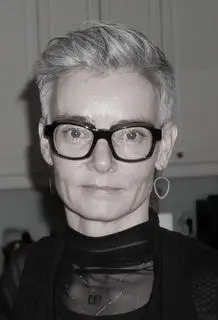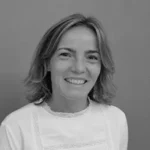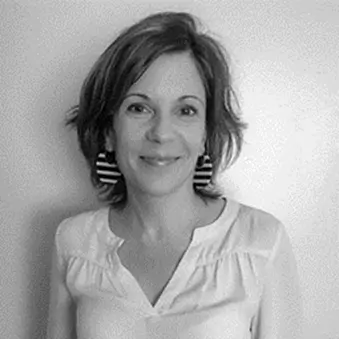Women in science: Dr Anna EINARSDOTTIR
In honour of the International Day of Women and Girls in Science on February 11th, we will be sharing six interviews from COST Action researchers about their career experiences.
Women are still under-represented in research and innovation careers according to the European Commission’s She Figures 2021 report. Since 2003, the report monitors the level of progress towards gender equality in research and innovation in the European Union and beyond.
A significant gender gap persists at all levels of science, technology, engineering, and mathematics (STEM) disciplines despite the fact that women represent half of the world’s population.
To mark the International Day of Women and Girls in Science, COST interviewed women in key leadership positions within their COST Action network. What are their experiences, the challenges they have faced during their respective career? Why it matters to talk about women in science for the next generations. What message they would give to young women scientists in 2022.

Dr Anna EINARSDOTTIR chairs the LGBTI+ Social and Economic (in)equalities COST Action.
Dr Anna EINARSDOTTIR is a Reader in Critical Diversity Management at the University of York, England, UK. Her area of expertise concerns microaggressions and discriminatory practices at work, forms of collectivism in the workplace and promotion of inclusive organisational environments.
Anna’s work involves a range of stakeholders in public, private and third sector organisations. She recently completed a major Economic and Social Research Council funded research into LGBT+ employee networks in the National Health Service in England.
What made you choose to become a scientist and determine your discipline, field of research?
Taking great interest in social injustices and social matters more broadly, my plan was seeking qualification as a social worker at the end of my degree programme in Educational Science. Yet little did I know that attending a single lecture in qualitative research methods would change my plans for good. I was totally fascinated by this method and the possibility of building a career around it. The professor had, so ‘why not me’? Overnight, I became a researcher by heart, and with time, an expert in researching sensitive topics through extensive training, completion of a PhD and involvement in multiple projects, doing what I love – research.
Do you have a role model that led you to become a scientist?
Yes, I do. The professor that introduced me to qualitative research is someone I looked up to then and I still do. Professor Rannveig Traustadottir has built an amazing career, producing impactful work with marginalised communities. She has been a huge inspiration to my work and also the person who encouraged me to pursue a PhD.
Did you meet barriers during your career as a woman scientist?
Yes and no. Building a career around marginalised topics and groups can both be isolating and career limiting. I have often felt alone and misunderstood, but never unsupported.
“Typically, I am the only scholar focusing on issues affecting LGBTQI+ communities at work. The same applies to many of my national and international colleagues which is why COST is such a brilliant connector for us.”
On the whole, my work has been celebrated and validated, and for that, I am extremely grateful. However, there have been occasions when this has not been the case and my confidence has taken a knock. Fending intrusive and inappropriate questions is simply exhausting, as is having to justify your field of research as “serious” work on socially important matters.
Why do you think we are still having to talk about women in science?
Mostly because women are still underrepresented in science, a field that is largely shaped by masculinity and masculine values. In my discipline, management, women are well represented among early career scholars, but less in senior level positions. Clearly there is a lot more work to do still.
What are the current challenges for women in science? What is the key to success in a career in science?
In my field, the biggest challenges women face relates to masculine culture, values, and metrics together with long working hours. Women also tend to do a lot of the ‘academic housekeeping’, such as caring for students and admin roles that hinder, rather than, accelerate their progression. In truth, I find it really difficult identify the key to success in science, without over simplifying or complicating matters. On balance I would suggest ‘resilience’ and the ability to think outside of the box. Combined, this is likely to get you far.
What would be your predictions in your field of research?
My field of research, LGBTQI+ scholarship is extremely diverse in some ways but not others.
“I hope to see an explosion of queer, non-binary, trans, and Black, Asian and minority ethnic scholarship, and better still, from scholars representing these communities.“
What message would you give to young women scientists?
Let me share an advice that I was given when I took up my first lectureship role. If you are asked to take part in something or offered a role, say, ‘that sounds interesting, let me give this some thought and I will get back to you’. This simple advice has helped me enormously and I am sure it can help you too. Why? Because at the start of your career it can be tricky to say ‘no’, also, the offer may not be suitable or good for you. So, by taking that extra time to assess the opportunity before agreeing, is critical. If it sounds too good to be true, it usually is. If in doubt, seek advice from a trusted senior colleague who has your interest at heart. You might not like what they suggest but take the advice.
Read more interviews
Further Reading





